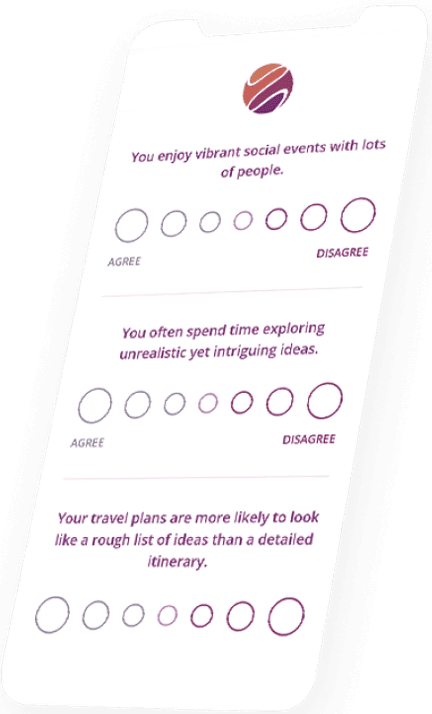

Adult
Panic Attack and Panic Disorder Treatment Therapy
What are Panic Attacks?
Panic attacks are a sudden onset of extreme or acute fear or anxiety.
Panic disorders are common, affecting many Americans. At Greenwich Psychology Group, our expert clinicians see many people who experience symptoms of panic disorder. A person experiencing panic may feel a sudden, unexpected surge of intense terror and confusion called a panic attack. Panic attacks often occur without warning, even when there is no real danger, and peak within minutes. Panic attack symptoms in adults include intense anxiety, overwhelming fear, trembling, feelings of losing control when there is no real danger. Panic attacks may last several minutes to longer durations before dissipating.
Panic Disorder Symptoms
The underlying causes of panic attacks vary. Some may be preceded by long-standing anxiety, Post-Traumatic Stress Disorder, recent stressors, unrealistic expectations of oneself, relationship issues, poor coping skills, and substance issues. Some experience one panic attack in their lifetime or many, even as often as several times per day. Although they are generally not physically dangerous, panic attacks are often frightening and upsetting. In fact, many people experiencing their first panic attack for the first time go to the hospital thinking they are having a heart attack.

Symptoms & Signs of a Panic Attack
- Racing heart
- Heart palpitations
- Chest pain
- Dizziness
- Fainting
- Trembling or shaking
- Shortness of breath
- Choking sensations
- Racing thoughts
- Frightening thoughts, including thoughts of death
- Tunnel vision
- Muscle tension
- Numbness in the extremities
- Pacing
- Extreme restlessness
- Feeling detached from one’s body
- The belief that one is losing control or losing a sense of reality
If left untreated, panic attacks can become paralyzing, leading a person to avoid anxiety-inducing situations and cause severe disruption to their life. Recurrent panic attacks can take a grave, emotional toll and may lead to a diagnosis of panic disorder. People with panic disorder live in persistent fear of having another panic attack. They experience anxiety and dread between episodes, which can interfere with daily functioning and lead to problems at work, school, or home. These struggles can, in turn, lead to social isolation and a decline in emotional health.
Panic Attack and Panic Disorder Treatment
The good news is that these conditions are highly treatable. Those who have tried other treatments with limited success often find cognitive behavior therapy (CBT) and dialectical behavioral therapy (DBT) very helpful.
CBT for panic attacks aims to identify triggers and ways of thinking that contribute to the onset of symptoms and reduce the severity of panic attacks. Our seasoned clinicians may also recommend exposure therapy. In this approach, the individual is exposed to the sensations that accompany their panic in a safe environment to learn effective ways of coping when those sensations begin to emerge.
DBT for panic attacks is a specialized form of cognitive-behavioral therapy (CBT). The primary goal is to learn how to manage intense emotions and learn healthy coping skills. Patients learn mindfulness, emotional regulation, and distress tolerance skills to identify and manage emotions. Our clinicians also use stress management training and relaxation techniques to alleviate symptoms of anxiety and panic.
At Greenwich Psychology Group, our clinicians are available by phone to reinforce skills between sessions. With both CBT and DBT panic attack therapy, our treatment plans are tailored to address your individual needs. The focus is not only on overcoming obstacles but also on creating a life that you enjoy.
Have questions? Ask our experts.Take the GPG Symptom Checker
At Greenwich Psychology Group, our symptom checker helps clients track their symptoms of depression or anxiety. Taking the assessment doesn't provide a formal diagnosis, but it can help you determine what next steps you may need to take. The evaluation uses a series of questions to review the feelings and symptoms you've experienced over the past two weeks. The results will help you distinguish if professional help is the best next step.
BeginLatest Topics
Blog Articles
Most recent publications, interviews, blogs, and tips.



Book a Consultation
Hours of Operation
Mon – Sat: 8am to 8pm
Office Address
15 Valley Drive 1st Floor
Greenwich, CT 06831






